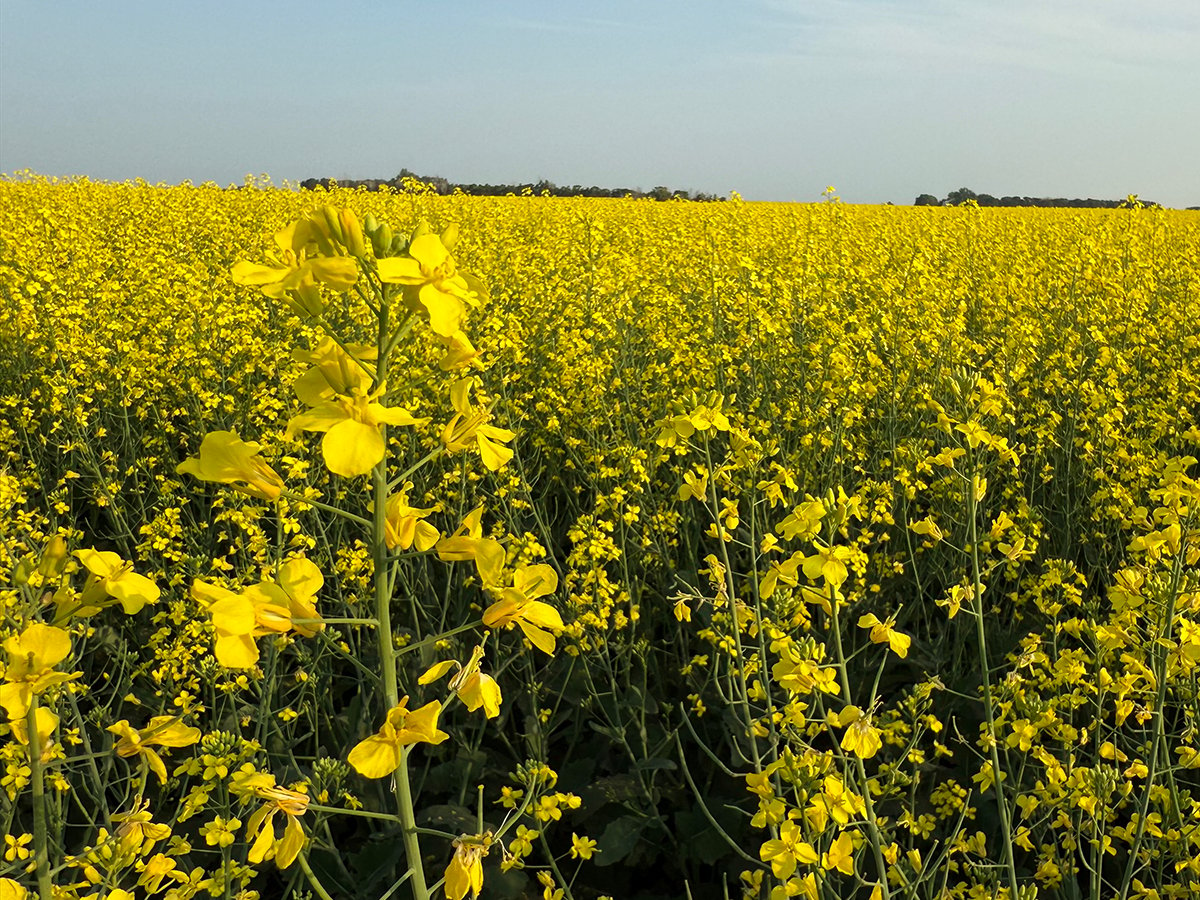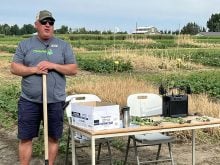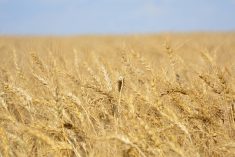Two new special crops handling facilities on the West Coast are expected to improve the loading time and quality of edible pulse crops heading to export markets.
Two-thirds of all special crops that were shipped through Canadian export terminals last year – nearly 700,000 tonnes – were processed at Port of Vancouver’s bulk handling facilities.
But many of the peas and lentils had a bumpy ride through elevators that were built to handle hardier crops like wheat and canola.
“Special crops require as little handling as possible, especially if you’re going for the edible markets,” said Francois Catellier, executive director of the Canadian Special Crops Association.
Read Also

Canola council cuts field agronomy team
The Canola Council of Canada is cutting its agronomy team as part of a “refreshed strategic framework.”
“You want to minimize chipping and seed coat cracking and splitting.”
The two new facilities are specifically designed to gently handle special crops.
Pacific Elevators Limited has built a $20-million terminal that moves product from rail to ship on an enclosed conveyor system.
In March, Vancouver Wharves opened its handling and storage facility that should be able to move between two and three million tonnes of special crops annually. It has 30,000 tonnes of storage capacity, which should reduce the risk of rail and ship demurrage.
“We were actually shipping peas through our potash system before we built this new facility,” said Susan Forbes, marketing manager for BCR Marine, the company that owns Vancouver Wharves.
The new terminal handles edible peas and lentils, as well as barley malt, processed animal feeds and identity-preserved grain.
Under the old system, peas took a backseat to potash and there were no amenities like certified weighing and sampling services.
“There was no facility (at the port) that catered to the specialty products, that kind of treated them as a priority,” Forbes said.
“It was a real problem moving special crops through the port. We should be able to really smooth transportation to the export markets.”
The Pacific Elevators terminal boasts a loading boom that reduces the distance the crop has to drop when loaded into a ship’s hold.
The company is also upgrading its storage facilities to minimize the amount of time the crop is handled before it is loaded. The upgrade should be complete by the end of November.
Doug Jesson, special crops marketing manager for Pacific Elevators, said the improved capacity at the West Coast will make the port more responsive to the needs of special crops shippers during busy times like November.
It doesn’t necessarily mean more product will move through the port, but the peas, lentils and chickpeas that are shipped out of Vancouver in bulk will be shipped faster.
“We can now respond quicker to special crops without compromising our valuable customers like the wheat board and the canola oilseed exporters,” Jesson said.
Rob Tisdale, special crops marketer for Xcan Grain Ltd., has shipped crop through both of the new facilities, although most of it has gone to Pacific Elevators – a sister company owned by Agricore and Saskatchewan Wheat Pool.
“Everything is working reasonably well,” Tisdale said. “(But) not as quickly and as well as everyone would like.”
The new terminals are meeting expectations with their soft handling of delicate crops.
“The featured benefit of the belt facilities at Van Wharf and Pacific came through with flying colors on delivering what they said they would with regards to quality.”

















